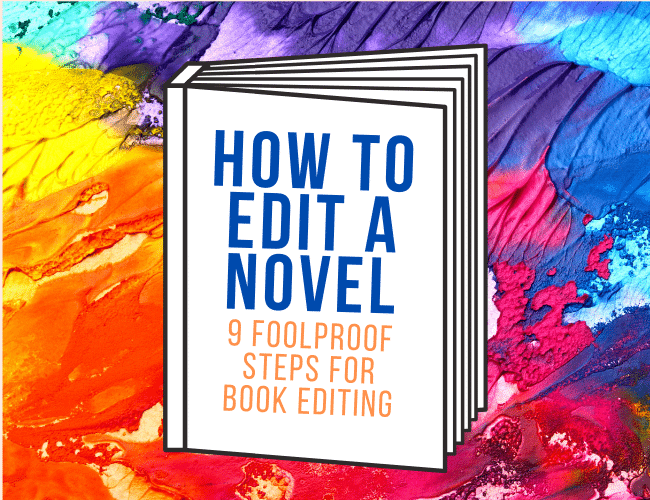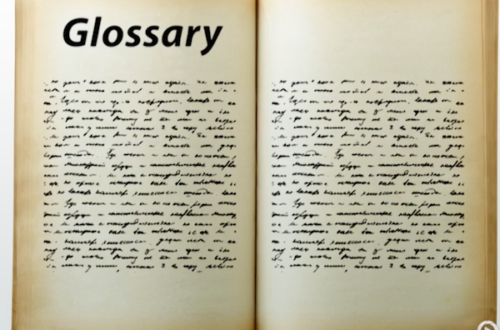Ok, we’ve covered why textbooks are so expensive and explained why it’s important for you to buy all your required readings. Here is the good news! It is possible to get hold of all your required readings but still keep your costs down. Here’s how!
Make Sure You Only Buy What is Required
First, although it’s good to organise your texts before the semester begins if possible, it’s also okay to wait until your first lecture before purchasing your books, especially if you’re not sure if your reading list is required or suggested.
Check Online
In an age where so much of our shopping is done online, this tip is a bit of a no-brainer. Online stores, such as the UK-based Book Depository, have a wide range of literature and some offer free delivery. The only downside is you will have to wait for your purchases to be shipped.
Other websites like Amazon, or the Australian company Booktopia also have competitive prices, and faster shipping options. It’s definitely worth shopping around. Becoming a member of the Co-op Book Shop will give you a discount on every purchase.
Speaking of shopping around, price comparison sites like Booko can help with some of your research. Booko isn’t an online shop, but it searches online stores for you and conveniently converts prices into your local currency.
Buy Second Hand
It’s also worth checking sites like Gumtree and eBay for bargains. You may be able to pick up some second hand textbooks at a fraction of the price. Just make sure you are buying the correct edition specified on your text list.
There are even websites dedicated to helping students sell their second hand textbooks, like Student VIP. You need to become a member, but it’s free!
In order to fund next semester’s books, consider selling last semester’s books on these sites too!
Try Student Associations
Your university might have a textbook buy–sell day, where students can sell their second hand textbooks to other students. Some universities have student noticeboards or members-only websites where second hand textbooks are advertised.
You might find that student groups at your uni have online noticeboards on social media. A quick Facebook search yielded results of buy–sell groups from several universities. It’s definitely worth investigating your uni’s student services to see what’s available.
Rent Instead of Buy
Some entrepreneurial individuals have taken advantage of the market created by uni students’ quest to find affordable textbooks. Online businesses such as Jekkle sell and rent textbooks to students. You pay the rental fee and return the book at the end of the semester. Even some university bookstores have started renting books to students.
The aforementioned Chemistry textbook textbook can be rented for $70. This is a considerable saving on the RRP of $184.95! But renting does come with some catches: damaged books have to be paid for in full, rented books cannot be written in and late fees apply.
Because of this, it might be worth weighing up the rental costs against buying and on-selling your textbooks once you’re finished with them.
Apply for Grants and Scholarships
You may not realise it, but there are many scholarships available to students, and not just those given for academic merit. For example, the Capstone Editing Textbook Grant for Undergraduate Students is offered each year to one student enrolled in an undergraduate degree at an Australian or New Zealand university.
The $3,000 scholarship (given in the form of one $1,000 voucher to the Co-op bookshop per year for three years) would go a long way towards covering the cost of your textbooks for the duration of your degree.
The Last Resort—The Library
As a last resort, you will be able to find any required readings in the campus library. They will be in the reserved section, meaning they cannot be taken out of the library. Generally, students can check them out of the reserved section to read them anywhere within the library for a maximum of three hours.
If you are very efficient with your time management, it’s possible to schedule time to do your readings in the library each week. However, relying on this (instead of buying your own textbooks) is problematic. What if other students have the same idea and the book is being used when you need it?
Although you could use uni facilities to photocopy or scan sections, copyright prohibits you from photocopying more than 10% of a text’s material, and photocopying and scanning also comes at a cost, now that most universities don’t provide these services free of charge to their students anymore.
Perhaps you could consider the texts in the reserved section as a short-term fix only and aim to get your own copies of the textbooks as soon as you can afford them.
Happy Book Hunting!
We wish you luck as you hunt for textbook bargains! It’s absolutely worth it to have your own copies of the required readings; you’re already spending so much time and money on your uni courses, it would be foolish to jeopardise your success on not having access to the required texts.
Please join the discussion: comment below with your own tips for finding affordable textbooks!



